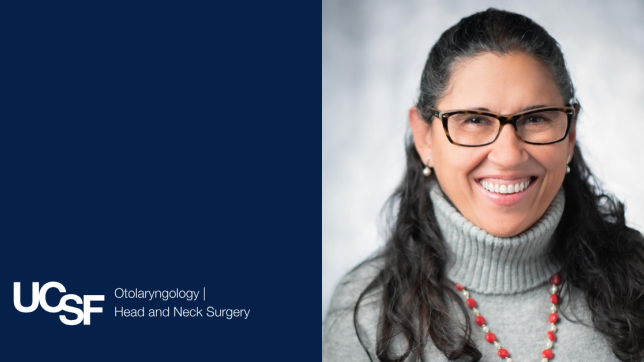Dr. Charles Limb and his research was recently featured on UCSF News, from the article Musical Improvisation in the Brain.
From the article:
How do artists produce such unique, emotive, and coherent pieces of music with no sheet music or practice to guide them?
That question has fascinated Charles Limb, MD, professor of otolaryngology at UC San Francisco, for many years. In addition to his work as a cochlear implant surgeon, Limb studies how we create and perceive music.
“Improvisation is this prototypical creative behavior that may serve as a model for how we understand the human brain,” said Limb.
Limb shared his decades of work on the neural underpinnings of creativity and improvisation in a recent episode of Carry the One Radio. Limb, a life-long music fan who plays saxophone, piano and bass guitar, also spent years at the National Institutes of Health, where he gained the skills needed to conduct scientific studies on how the brain produces creativity.
Underlying Limb’s work is the notion that musical improvisation, as with any human behavior, must be orchestrated by the brain. By visualizing and studying the brain activity of master musicians as they improvise in an fMRI machines, he is beginning to understand how they are able to spontaneously create original, harmonious music.
Charles Limb, MD, Sooy Professor, Chief of Otology/Neurotology, Director of the UCSF Douglas Grant Cochlear Implant Center and Medical Director of Cochlear Implantation at UCSF Benioff Children’s Hospital.
Read more about this at UCSF News.




